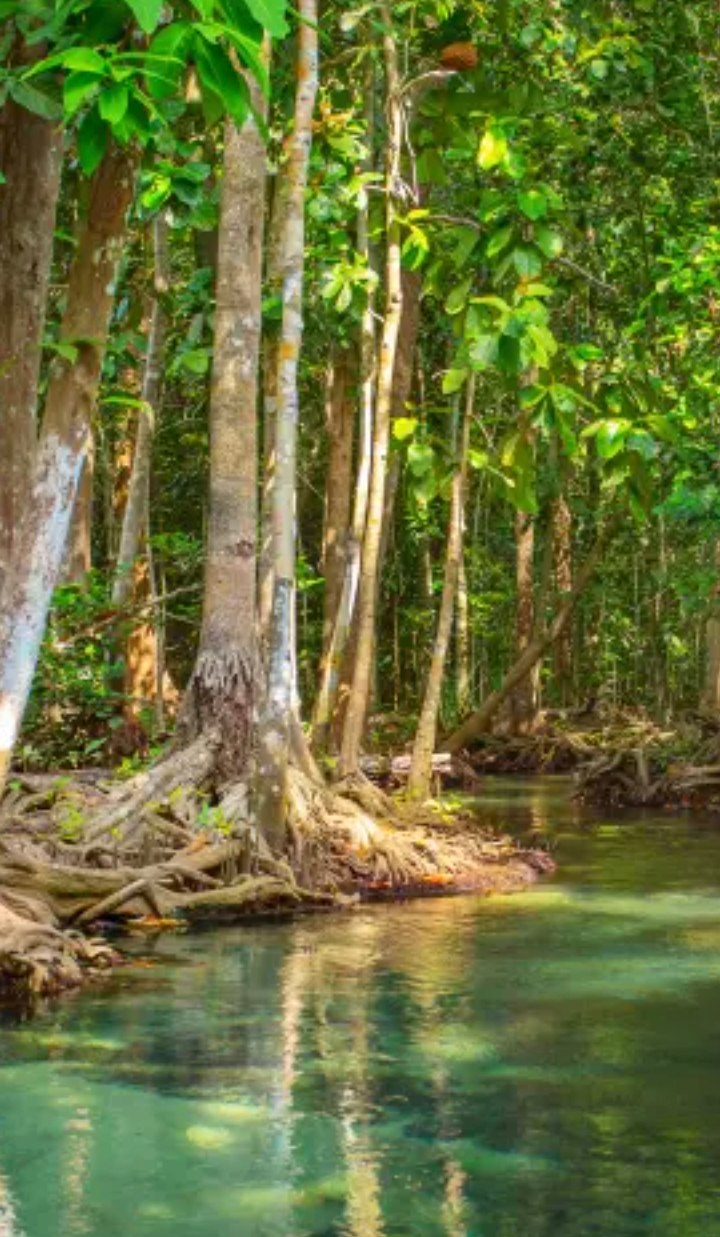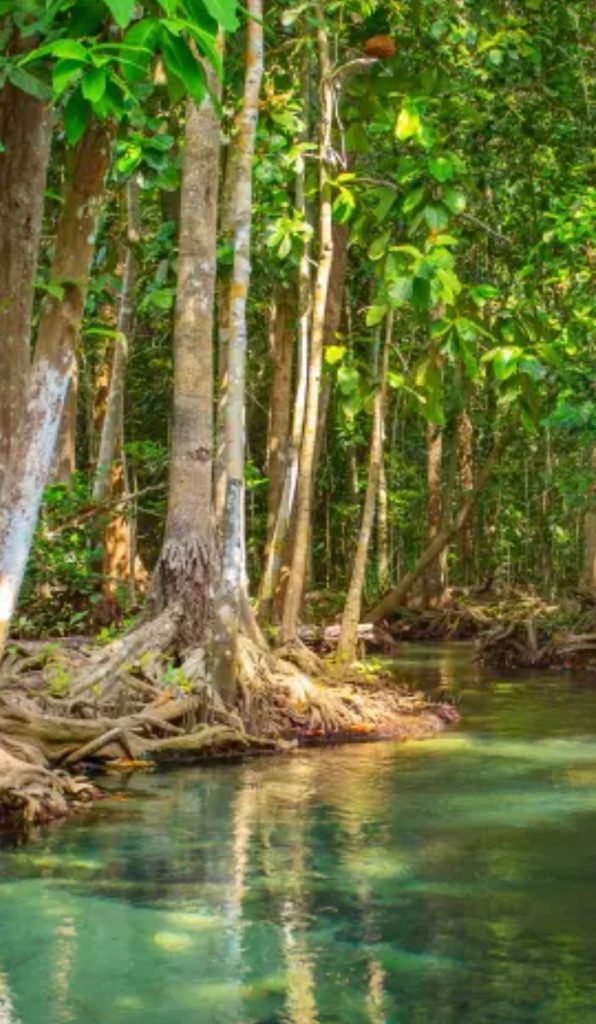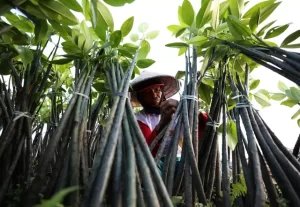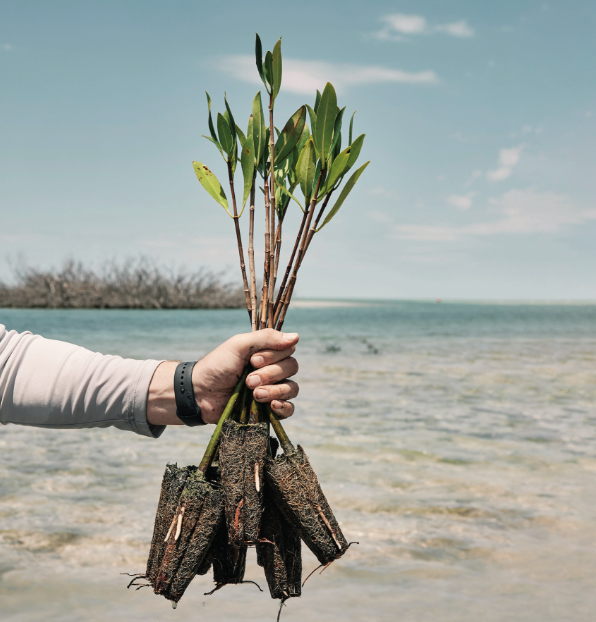26 July: Recognising the Importance of Mangroves in Saudi Arabia
Mangroves contribute to the wellbeing, food security, and protection of coastal communities worldwide.
Mangroves are rare, spectacular, and prolific ecosystems on the boundary between land and sea. These extraordinary ecosystems support a rich biodiversity and provide a valuable nursery habitat for fish and crustaceans. They also act as a natural coastal defense against storm surges, tsunamis, rising sea levels, and erosion. Additionally, their soils are highly effective carbon sinks, sequestering vast amounts of carbon.
Unfortunately, mangroves are disappearing three to five times faster than overall global forest losses, leading to serious ecological and socio-economic impacts. Current estimates show that mangrove coverage has halved in the past 40 years, putting these vital ecosystems at risk.
Mangroves Under Threat
It has been estimated that more than three-quarters of the world’s mangroves are under threat, endangering all the aquatic and terrestrial organisms that depend on them. Recognizing the importance of mangroves, UNESCO is taking action to protect these ecosystems and other valuable blue carbon habitats through its networks of Biosphere Reserves, Global Geoparks, and natural World Heritage sites.





